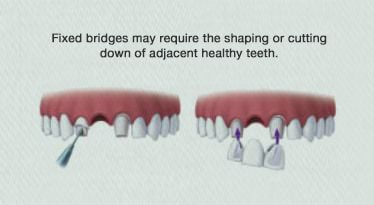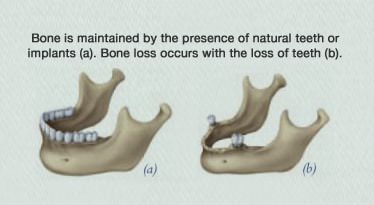Michigan’s Oral Surgery Specialists: Oral and Maxillofacial Surgery Associates
Tooth root substitutes placed in the jawbone. Artificial teeth are then attached to the substitute root, which is actually a titanium rod. Dental implants are an option to replace one tooth, several teeth, or even all of your teeth. Learn more about dental implants.
More people are getting dental implants to replace missing teeth. Dental implants are a long-term solution to missing teeth (edentulism) that is embedded in your jawbone, similar to your natural teeth. Plus, unlike fixed bridges or removable dentures, dental implants will not affect neighboring healthy teeth or lead to bone loss in the jaw. If properly cared for, dental implants can last a lifetime.
Dental implant surgery is, of course, surgery – and is best performed by a trained surgeon. Your oral and maxillofacial surgeon (OMS) has the specialized education and training in the complexities of the bone, skin, muscles and nerves involved to ensure you get the best possible results. A 2014 study suggests greater implant success rates when performed by a dental specialist.



Implants are made of titanium metal that fuses with the jawbone through a process called osseointegration. There’s no shortcut to get around that process, and it usually takes several months once the implant is put into your jawbone. Osseointegration, however, is why implants never slip or make embarrassing noises similar to dentures, and why bone loss is usually not a problem.
After more than 20 years, the vast majority of dental implants first placed by oral and maxillofacial surgeons in the United States continue to function at peak performance. More importantly, the recipients of those early dental implants are still satisfied they made the right choice.